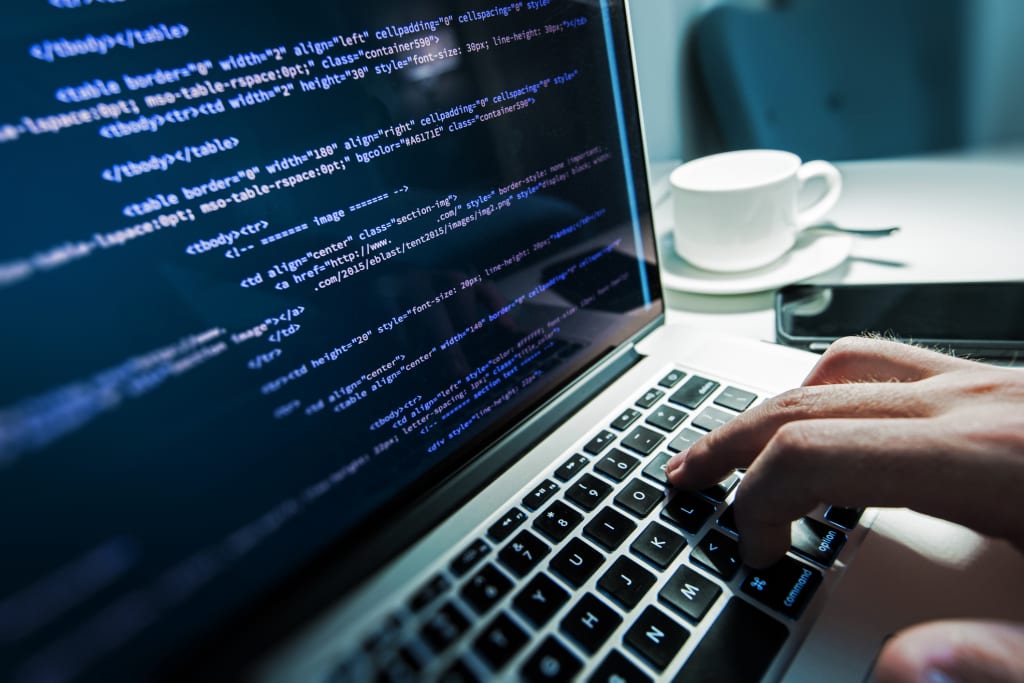Quantum Computing
Best Explanation 2024

Quantum Computing:
Quantum computing is like a supercharged computer that uses tiny particles called quantum bits to solve tough problems way faster than regular computers. It mixes ideas from computer science, physics, and math. Instead of just using 0s and 1s like regular computers, quantum computers use quantum mechanics to do their magic. This lets them tackle problems like figuring out the best route for delivery trucks or simulating how molecules behave in drugs. They can do things that normal computers can’t even dream of.
Advantages:
Quantum computing has several advantages over classical computing:
Speed:
Quantum computers can solve certain problems much faster than classical computers. This is because they can process information in parallel and take advantage of quantum phenomena like superposition and entanglement.
Problem-solving capabilities:
Quantum computers excel at solving complex problems in areas such as optimization, cryptography, and simulation of quantum systems. They can tackle problems that are currently infeasible for classical computers due to their immense computational power.
Efficiency:
Quantum algorithms can provide more efficient solutions for specific tasks compared to classical algorithms. This means that quantum computing could lead to significant advancements in various fields, from drug discovery to financial modeling.
Parallelism:
Quantum computers can explore multiple solutions simultaneously through superposition, leading to faster problem-solving. This parallelism allows them to explore a vast number of possibilities much more efficiently than classical computers.
Security:
Quantum computing has the potential to revolutionize cryptography by providing new methods for secure communication and data encryption. Quantum-resistant cryptography can thwart attacks that are currently feasible with classical computers.
Quantum sensing and metrology:
Quantum computers can be used to enhance sensing and measurement techniques, leading to advancements in fields such as precision instrumentation, medical imaging, and environmental monitoring.
Principles of working:
Quantum computers operates on several fundamental principles of quantum mechanics, which distinguish it from classical computing. Here are some key principles:
Superposition:
Unlike classical bits that can be either 0 or 1, quantum bits or qubits can exist in a superposition of both 0 and 1 simultaneously. This means that a qubit can represent multiple states at once, allowing quantum computers to perform many calculations in parallel.
Entanglement:
Qubits can become entangled, meaning the state of one qubit is dependent on the state of another, even when separated by large distances. This entanglement enables quantum computers to perform highly correlated operations and share information in ways that classical computers cannot.
Quantum interference:
Quantum interference occurs when the probability amplitudes of different quantum states interfere with each other, leading to constructive or destructive interference. Quantum algorithms leverage interference effects to enhance the probability of obtaining the correct solution while minimizing errors.
Quantum measurement:
Quantum mechanics dictates that measuring a quantum system collapses its superposition into one of the possible classical states. Quantum algorithms are designed to exploit this property strategically to extract useful information from quantum states.
No-cloning theorem:
Unlike classical bits, quantum states cannot be copied perfectly due to the no-cloning theorem. This principle underlies the security of quantum cryptography protocols and ensures the confidentiality of quantum information.
Quantum gates:
Quantum computation involves manipulating qubits through quantum gates, which are analogous to classical logic gates. However, quantum gates operate on qubits in superposition and entanglement, allowing for complex quantum operations.Technology used in Quantum Computers:
Quantum computing relies on a combination of various technologies to create and manipulate quantum bits (qubits) and perform quantum operations. Some of the key technologies used in quantum computing include:
Superconducting qubits: These are among the leading qubit technologies used in current quantum computers. Superconducting qubits are typically fabricated from superconducting materials and operated at extremely low temperatures near absolute zero to maintain their quantum coherence.
Trapped ions: In ion trap quantum computers, individual ions are trapped and manipulated using electric and magnetic fields. Laser beams are used to perform operations on the qubits by exciting and manipulating the internal states of the ions.
Photonic qubits: Photonic qubits use photons, particles of light, as qubits. Quantum operations are performed by manipulating the properties of photons such as polarization and phase. Photonic quantum computers have the advantage of long-distance communication and can be integrated with existing optical technologies.
Topological qubits: Topological qubits are a theoretical concept based on exotic states of matter called topological materials. These qubits are relatively immune to certain types of noise and errors, making them potentially more stable for quantum computation.
Quantum annealing: Quantum annealers are specialized quantum computers designed to solve optimization problems. They work by exploiting quantum tunneling and thermal fluctuations to search for the lowest energy state of a given problem, which corresponds to the optimal solution.
Quantum error correction: Quantum error correction is a crucial technology for building fault-tolerant quantum computers. It involves encoding quantum information redundantly to protect against errors and decoherence caused by environmental noise and imperfections in hardware.
Cryogenic systems: Most quantum computing technologies require cryogenic systems to cool the qubits to extremely low temperatures. Cryogenic refrigerators, such as dilution refrigerators, are used to achieve temperatures close to absolute zero, where quantum effects become more pronounced and qubits can maintain coherence.
Control and measurement electronics:
Quantum computers require sophisticated control and measurement systems to manipulate and read out the quantum states of qubits. These systems often involve custom-designed electronics and software for precise control and data acquisition.
These technologies, along with advancements in materials science, fabrication techniques, and quantum algorithms, are driving progress in the development of practical quantum computers with increasing capabilities and reliability.
Summary:
Quantum computing is an emerging field that harnesses the principles of quantum mechanics to perform computations in ways that surpass the capabilities of classical computing. Instead of using classical bits, which can only represent 0s and 1s, quantum computers utilize quantum bits or qubits. These qubits can exist in a superposition of states, enabling them to represent multiple possibilities simultaneously. Additionally, qubits can become entangled, meaning the state of one qubit depends on the state of another, even when separated by large distances. Quantum algorithms leverage these properties to perform calculations in parallel and exploit quantum interference effects to enhance computational efficiency. Quantum computing has the potential to revolutionize various industries by solving complex problems such as optimization, cryptography, and simulation of quantum systems much faster than classical computers. However, practical quantum computers are still in the early stages of development, facing challenges related to qubit coherence, error correction, and scalability. Nonetheless, ongoing research and technological advancements are paving the way for the realization of practical quantum computing systems with transformative capabilities.
About the Creator
Explosive Fireworks
Welcome to the Explosive Firework Shop, your premier destination for all things pyrotechnic in the United Kingdom. Nestled in the heart of the countryside, our shop offers an immersive experience for fireworks enthusiasts of all ages.






Comments
There are no comments for this story
Be the first to respond and start the conversation.